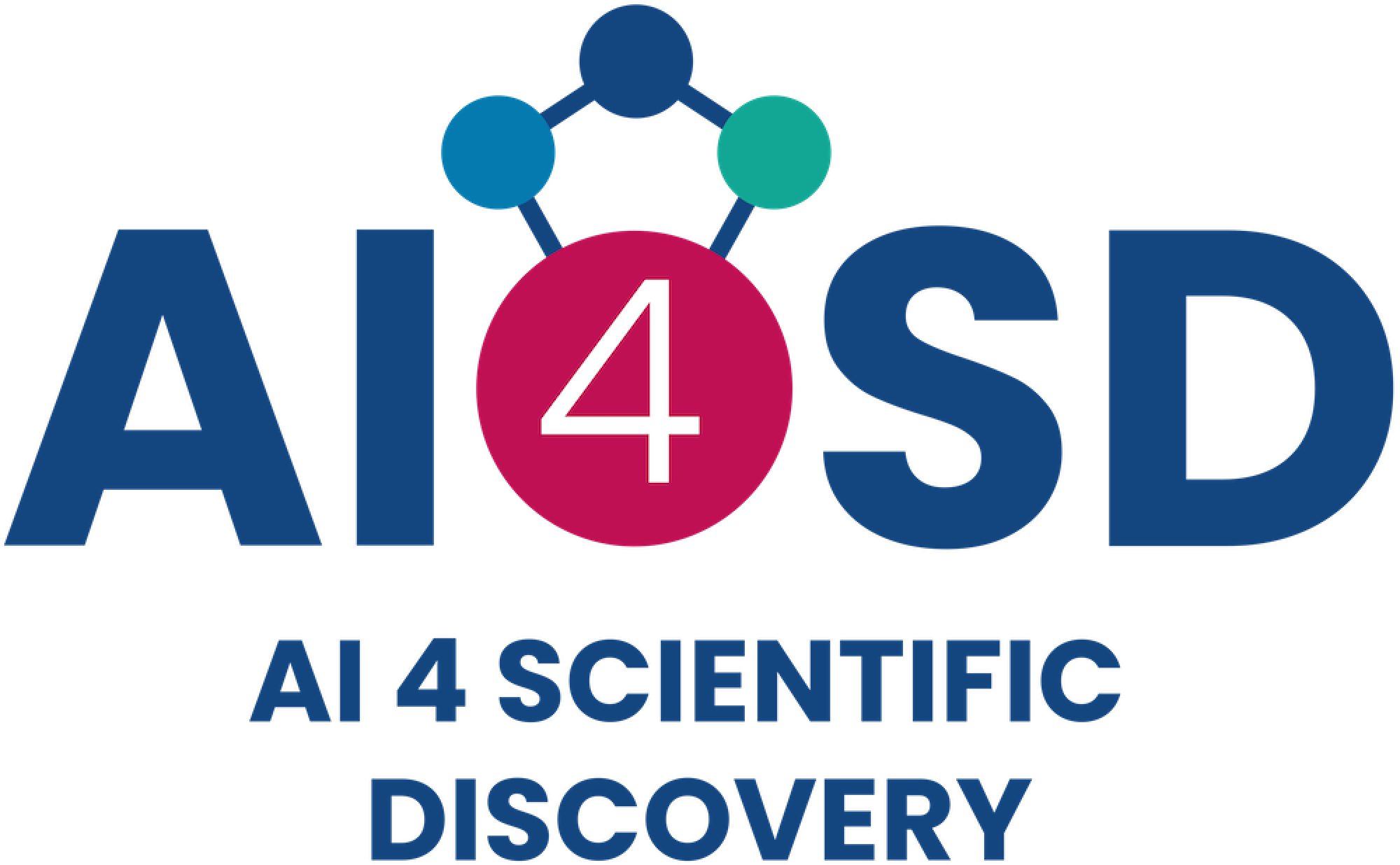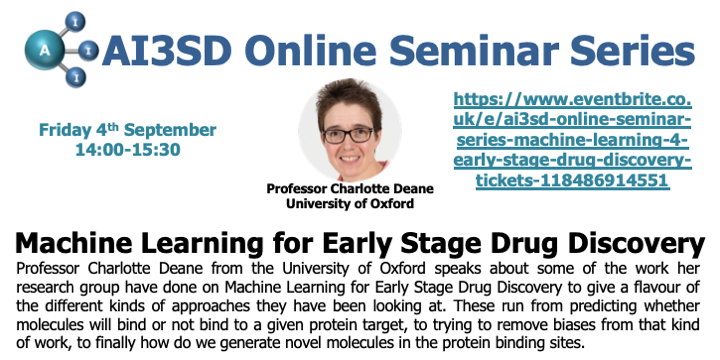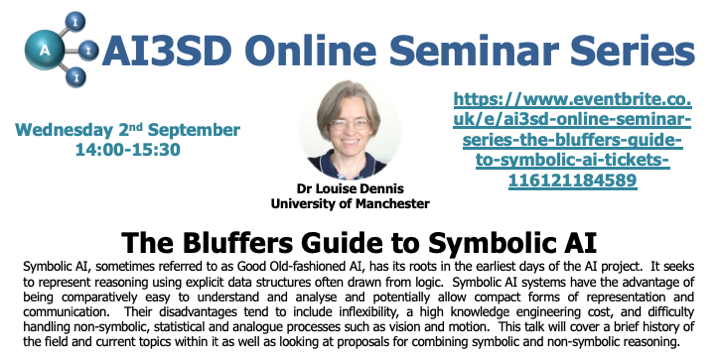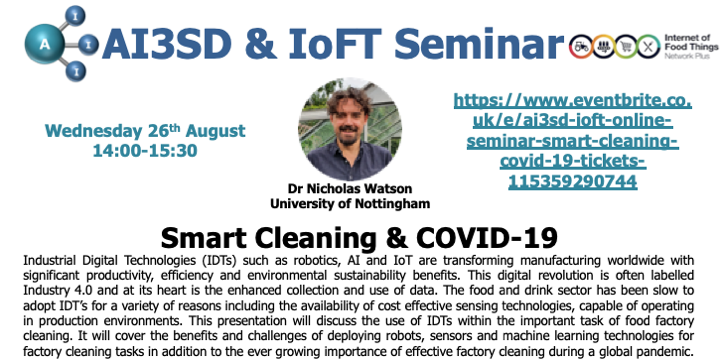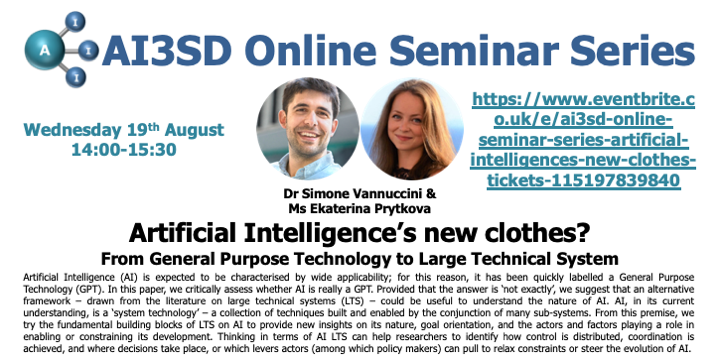14/09/2020 – AI3SD Online Seminar Series: On the Basis of Brain: Neural–Network–Inspired Changes in General Purpose Chips – Ms Ekaterina Prytkova & Dr Simone Vannuccini
Presenting the paper: On the Basis of Brain: Neural–Network–Inspired Changes in General Purpose Chips. In this paper, we disentangle the changes that the rise of Artificial Intelligence Technologies (AITs) is inducing in the semiconductor industry. The prevailing von Neumann architecture at the core of the established “intensive” technological trajectory of chip production is currently challenged by the rising difficulty to improve product performance over a growing set of computation tasks. In particular, the challenge is exacerbated by the increasing success of Artificial Neural Networks (ANNs) in application to a set of tasks barely tractable for classical programs. The inefficiency of the von Neumann architecture in the execution of ANN-based solutions opens room for competition and pushes for an adequate response from hardware producers in the form of exploration of new chip architectures and designs. Based on an historical overview of the industry and on collected data, we identify three characteristics of a chip — (i) computing power, (ii) heterogeneity of computation, and (iii) energy efficiency — as focal points of demand interest and simultaneously as directions of product improvement for the semiconductor industry players and consolidate them into a techno– economic trilemma. Pooling together the trilemma and an analysis of the economic forces at work, we construct a simple model formalising the mechanism of demand distribution in the semiconductor industry, stressing in particular the role of its supporting services, the software domain. We conclude deriving two possible scenarios for chip evolution: (i) the emergence of a new dominant design in the form of a “platform chip” comprising heterogeneous cores; (ii) the fragmentation of the semiconductor industry into submarkets with dedicated chips. The convergence toward one of the proposed scenarios is conditional on (i) technological progress along the trilemma’s edges, (ii) advances in the software domain and its compatibility with hardware, (iii) the amount of tasks successfully addressed by this software, (iv) market structure and dynamics.
